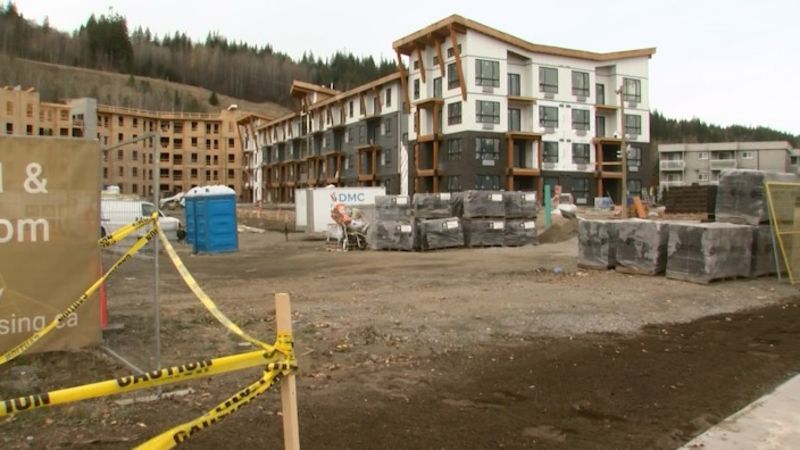
Construction industry seeks legislative change
PRINCE GEORGE – It’s an industry that floated to the provincial economy throughout the pandemic. Construction, and it is the number one generator for gross domestic product in B.C.
“Well, we do have $157 billion of proposed construction,” explains Nicole Bryant, CEO of the Northern Regional Construction Association. “Over half of that right now is proposed in the north. So that means a lot for our region, the construction industry, even though the commercial sector is down slightly, we are still going steady in northern B.C.”
According to the Construction Association, there are just over 26,000 construction companies employing 164,000 people who earn an average of $73,000 per year. B.C. has what’s called a Lien Act, but the Construction Association says it has no teeth.
